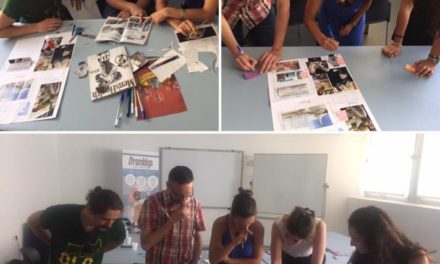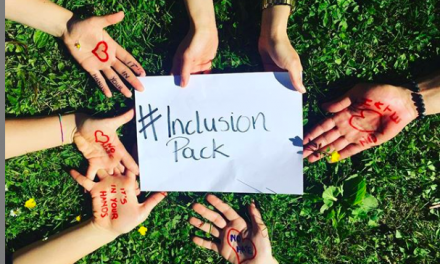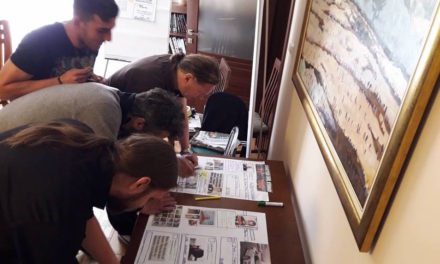The workshop titled “How and when to share: strategies for digital literacy education equipment based on international experiences” was held on the 3rd of March at the Centre for Contemporary Culture Barcelona (CCCB). It was facilitated by Gigi Guizzo and Juan Pedregosa of CEPS Projectes Socials.
The workshop was held as a part of “Barcelona against Hate” conference organized by the Municipality of Barcelona, and it was promoted via their channels.
The workshop was structured in two parts: the first analysed several online messages that at first sight are not necessarily detected as discriminatory but they do carry a message that is aimed against a certain group that differs on socioeconomics and cultural grounds. The second part of the workshop consisted of two groups working on two different cases of social media challenges (Instagram and YouTube). Each group identified possible actions and strategies that should be done before each situation.
The workshop had 15 participants and two facilitators: Gigi Guizzo and Juan Pedregosa from CEPS Projectes Socials. The participants were mostly coming from entities that work with educators, youth workers, local municipality services for inclusion and three members of the city police. Throughout their work the participants deal with providing information about educational material and prevention actions of various types of discrimination, which includes online discrimination, so their interest was mainly focused on prevention, education and adequate response channels for when it happens.
Working on two cases presented at the workshop the participants have concluded that in order to prevent online discrimination a continued dialogue is needed in families and schools as well as constant education on social networks, which are now developing and changing at a very high pace. The participants have discussed the need of better cooperation between institutions and professionals due to the interdisciplinary nature of this issue.
Furthermore, the participants have also mentioned the velocity of change of social networks and the necessity of learning from the young users of social media and thus encouraging intergenerational dialogue that would lead to prevention of online discrimination.






